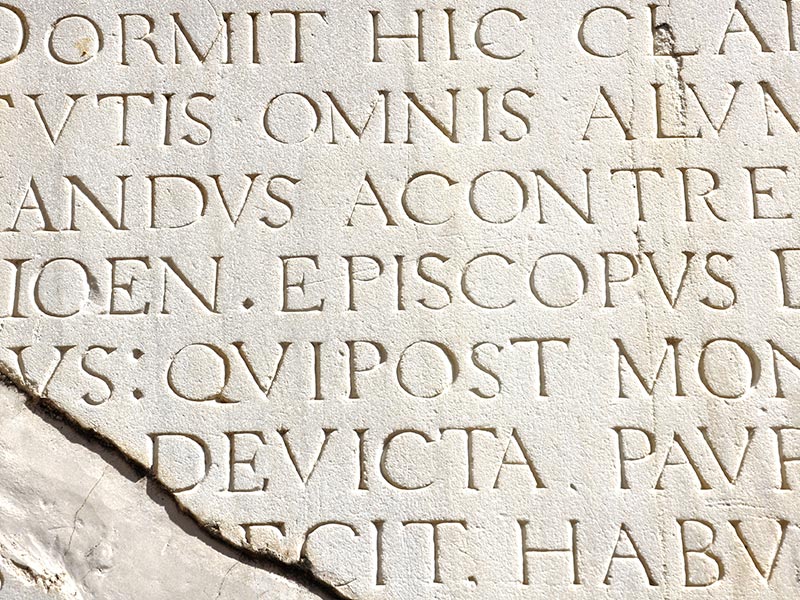The Cornish language (Kernewek) is a Celtic language native to Cornwall, a region in the southwest of England. It’s part of the Brythonic branch of the Celtic language family, which also includes Welsh and Breton. Cornish was widely spoken in Cornwall during the Middle Ages, but by the 18th century, the language had nearly gone extinct due to political and cultural pressures, particularly from the dominance of English.
Despite this decline, Cornish never completely disappeared, and a revival movement began in the late 19th and early 20th centuries. Efforts to resurrect the language included collecting old texts, studying surviving phrases, and creating modern learning materials. Today, Cornish is recognized as a minority language and has received protected status under the European Charter for Regional or Minority Languages.
Cornish shares many linguistic similarities with Welsh and Breton, making it more accessible to speakers of those languages.
- “My a vynn kavos metheven” translates to “I want to find the sun.”
- “Fatla genes?” is the Cornish way to say “How are you?”
- “Gorthugher da” means “Good evening.”
Today, Cornish is used in everything from place names to modern music. One popular example is that the Cornish phrase “Kernow bys vyken” means “Cornwall forever,” a popular slogan among locals. Even public signage in Cornwall includes Cornish translations, such as “Truro” appearing as “Truru” and “Penzance” as “Pennsans.”
Around 500-600 people are now fluent in Cornish, and it’s increasingly being taught in schools and used in everyday life. Some parents are even raising their children as native Cornish speakers, ensuring the language’s future survival.
Today, Cornish is considered a success story in language revival, showing how dedicated efforts can breathe life back into a nearly forgotten language, preserving the cultural heritage of Cornwall for future generations.
Related Articles
The History of the Telescope—Unlocking the Universe
The telescope was invented in 1608 by Dutch spectacle-maker Hans Lippershey, but it was Galileo Galilei who made it famous. By pointing his improved telescope toward the night sky, he discovered the...
The History of Stained Glass—Art in Light
Stained glass windows date back to ancient Rome, but they truly flourished in medieval Europe, decorating cathedrals, churches, and castles with vibrant, detailed scenes. Artists used a mix of sand,...
The History of the Compass—Navigating the World
The compass has been guiding travelers for over 1,000 years, first invented by the Chinese during the Han Dynasty (2nd century B.C.). Early compasses were made of lodestone, a naturally magnetized...





